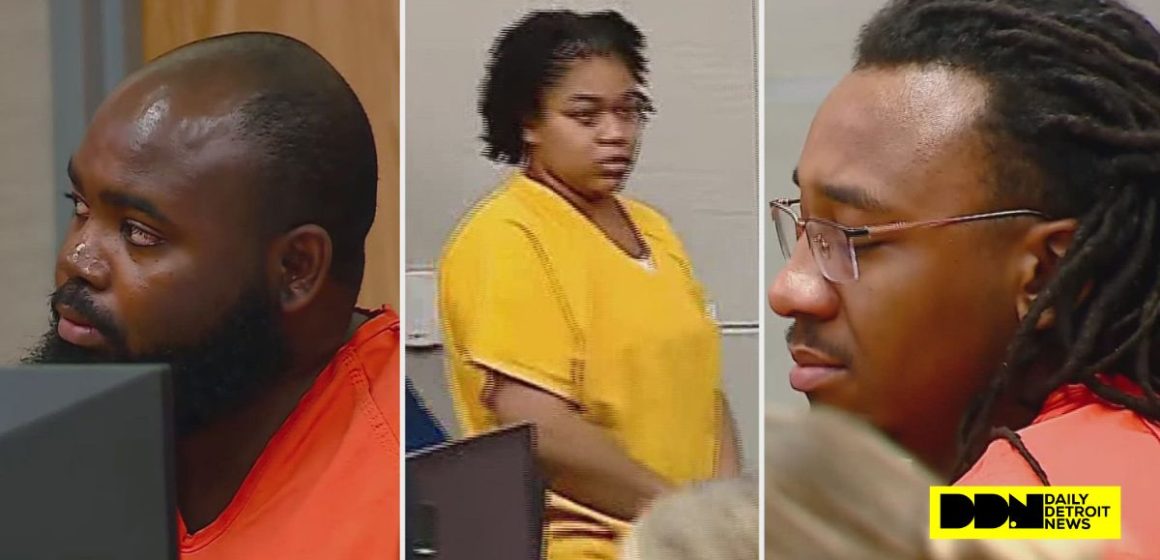DDN: The city of Indianapolis —The convictions of Alijah Jones, Marcus Anderson, and Nakeyah Shields for the murder of Chris Beaty, also known as “Mr. Indianapolis,” have been upheld by the Indiana Court of Appeals.
A judge handed down sentences of 164 years to Anderson and Jones and 108 years to Shields on June 21, 2023. Their acts on May 30, 2020, resulted in their conviction for felony murder, armed robbery, and attempted robbery.
Before anything else that night, Anderson, Shields, and Jones held two women up in a gunpoint robbery, making off with their phones, wallets, and other valuables. Later on, in the aftermath of the riots and protests in Minneapolis that followed George Floyd’s killing, Beaty was gunned down outside his apartment in downtown Indianapolis as he tried to assist a victim of a robbery.
They were all convicted and then appealed. They disputed the trial’s procedures and the harshness of their sentencing. Their appeals were denied by the Indiana Court of Appeals, presided over by Judge Dana Kenworthy. The court determined that the punishments were suitable and that there were no major mistakes throughout the trial.
The impact of Attorney General Todd Rokita’s office on keeping dangerous offenders off the streets through appeals processes is evident in the safety of the citizens of Indiana. While it is difficult to prevent every crime, Rokita emphasized that his office is committed to this goal.
Chris Beaty’s murder was a stark reminder of the challenges Indianapolis faced in the wake of the national protests over police brutality. The city saw a sharp increase in violence and unrest that summer, leading to heightened concerns about public safety and the root causes of such violence.
However, in the months that followed, there were also efforts to heal and rebuild the community.
Memorials to Beaty have been established, and local initiatives have focused on supporting the youth and businesses of Indianapolis, two causes that Beaty was passionate about during his lifetime.
The case has also sparked conversations about the broader societal issues that contribute to violence and the importance of addressing these underlying challenges to ensure that tragedies like Beaty’s death do not become the norm.
While the appeals court’s decision has brought finality to the legal aspect of the case, it’s clear that Chris Beaty’s story is far from over.
The city of Indianapolis, still grappling with the trauma of the past few years, will continue to remember Beaty’s life and work, and his legacy will likely remain a central point in ongoing discussions about justice, community engagement, and how to prevent future tragedies.
Man in North Carolina Who Was Connected to the “Pizzagate” Plot Was Shot and Killed by Cops
The ruling also serves as a reminder of the importance of a fair legal process and the role that the community plays in achieving justice.
As the city moves forward, the example set by those who have continued to honor Chris Beaty’s memory will likely inspire further efforts to foster unity, peace, and progress.
Though Chris Beaty is no longer here, his contributions and the memory of his life continue to impact the people of Indianapolis—keeping alive the spirit of resilience that he embodied.



Leave a Reply